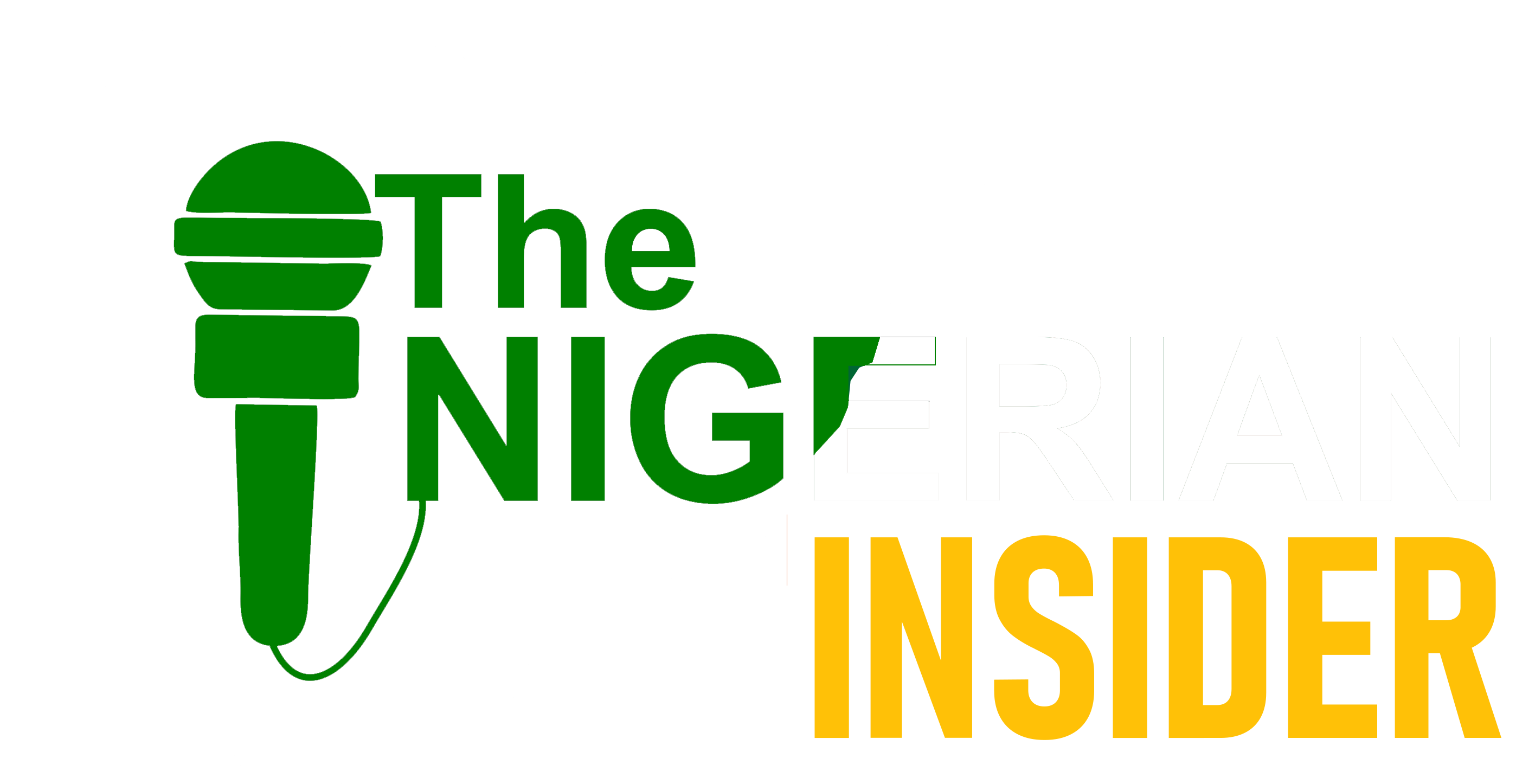World
Richest woman of India, Savitri Jindal, gained $17 billion over a period of 2 years
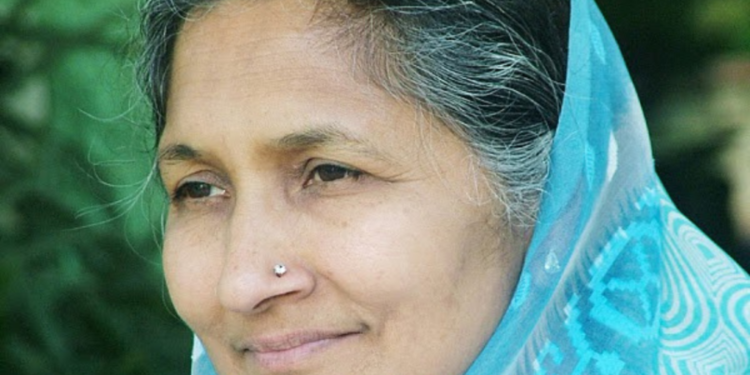
India’s richest woman, Savitri Jindal, just saw her net worth increase by $17 billion over the last two years.
According to Forbes, as of 2023, her fortune stood at $17.5 billion but has now soared to $34.5 billion at the close of 2024, an incredible hike in finances.
Now among the highest oil rich and powerful billionaires of India, among whom are included magnates like Mukesh Ambani and Gautam Adani.
She is even regarded as one among the richest women in the world, along with like-minded billionaires such as L’Oreal heiress Françoise Bettencourt Meyers, Walmart’s Alice Walton, and Laurene Powell Jobs.
The opulence she has now comes from the thriving businesses run under the Jindal Group, which has diversified interests in steel, power, cement, and infrastructure. Such a high climb has also made her one of the most powerful individuals in the business section within the country.
Some background
Management of the Jindal empire fell to Savitri Jindal in 2005 after her husband, O.P. Jindal, died in a helicopter crash.
The group companies were later divided between its four sons, who were then assigned to oversee a different segment of the composite business.
Mumbai-based Sajjan Jindal steers the bulk of the assets of the group: JSW Steel, JSW Cement, and JSW Paints. He also spearheaded the public listing of JSW Infrastructure, which happened in 2023 and struck an EV joint venture with MG Motor in 2024 to enlarge the same business footprint.
Managing Jindal Steel & Power is Naveen Jindal, the youngest son of Savitri Jindal, who immediately took off for politics in March 2024 by joining the Bharatiya Janata Party (BJP). Naveen went on to win a seat in the Indian general elections under the BJP ticket and now represents the Kurukshetra constituency.
What you should know: Savitri Jindal’s business acumen has pretty much been complemented in the world of politics. She was a member of the Haryana Legislative Assembly and held ministerial roles such as Minister of Power and Minister of Revenue.
During her tenure, the company revenue grew four times over under her leadership.
Founded by her late husband in 1952, today the Jindal Group has transformed itself into a global powerhouse catering to steel, power, and infrastructure. The company, under her stewardship, has taken to greater heights, as attested to her juggling skill as a business leader and politician.
Savitri Jindal, with her maximum wealth density and extensive influence across industries and government, remains a statue for every future generation of resilient and ambitious individuals, further solidifying her legacy as one of the most powerful women in India.
News
Trump’s New Tariff Order: Complete List of Affected Countries
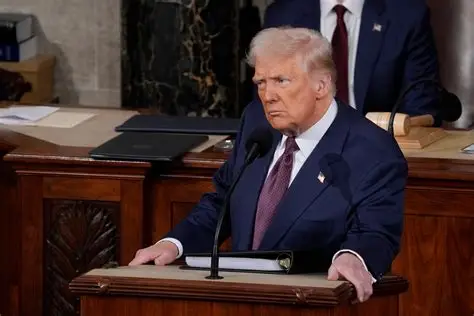
President Donald Trump of the United States has enacted a 15 percent import tariff on goods from Nigeria as part of a wider executive order that targets numerous countries within a revised global trade framework. The updated tariff list was revealed by the White House on Thursday, concluding a 90-day extension granted in April to negotiate specific trade agreements. Initially, Nigeria faced a 14 percent tariff, but its implementation was postponed to allow for further discussions.
The updated order raises Nigeria’s tariff to 15 percent, affecting several African and non-African nations. According to the White House, this action aligns with Trump’s policy of “reciprocal tariffs,” which is designed to counter what the administration views as unfair trade practices by US partners. Efforts to negotiate customized trade agreements with African states reportedly did not yield positive outcomes. As the new deadline arrived, the US had failed to establish any trade pacts with any African nation.
In the aftermath of the initial announcement, several countries sought alternative arrangements or exemptions. However, US officials pointed to a lack of progress to justify the execution of the new tariff schedule.
Yusuf Tuggar, Nigeria’s Foreign Affairs Minister, recognized the region’s initiatives to strengthen trade with the US, but noted that travel restrictions imposed during the negotiation period complicated diplomatic efforts. “Nigeria and West African nations worked towards enhancing trade relations with the United States,” Tuggar stated. “However, the travel bans and wider restrictions impeded the process.”
Other countries subjected to the 15 percent tariff include Angola, Ghana, Mozambique, Uganda, Israel, South Korea, and Norway. More substantial tariffs were introduced for countries like India (25%), South Africa (30%), and Switzerland (39%), while some countries, such as Syria, faced tariffs exceeding 40%.
This latest trade order by Trump also impacts the US’s North American neighbors. Canada now faces a 35 percent tariff, while Mexico is subject to a range of tariffs from 25 to 50 percent on various goods, including automobiles, metals, and fentanyl-related products. Brazil, which was initially assigned a 10 percent tariff, now faces a dramatic increase to a 50 percent rate following a separate announcement made on Thursday.
Negotiations with China are still in progress, with no new tariff rate declared for Beijing under the current order.
Complete List of Countries and Corresponding US Import Tariffs Under President Donald Trump’s Revised Trade Order, Announced on August 1, 2025:
10% Tariff
- Falkland Islands
- United Kingdom
- All other countries not specified in the executive order
15% Tariff
Africa:
- Angola
- Botswana
- Cameroon
- Chad
- Côte d’Ivoire
- Democratic Republic of the Congo
- Equatorial Guinea
- Ghana
- Lesotho
- Madagascar
- Malawi
- Mauritius
- Mozambique
- Namibia
- Nigeria
- Uganda
- Zambia
- Zimbabwe
Americas:
- Bolivia
- Costa Rica
- Ecuador
- Guyana
- Trinidad and Tobago
- Venezuela
Asia & Pacific:
- Afghanistan
- Fiji
- Israel
- Japan
- Jordan
- Nauru
- New Zealand
- North Macedonia
- Papua New Guinea
- South Korea
- Turkey
- Vanuatu
Europe:
- Iceland
- Liechtenstein
- Norway
18% Tariff
- Nicaragua
19% Tariff
- Cambodia
- Indonesia
- Malaysia
- Pakistan
- Philippines
20% Tariff
- Bangladesh
- Sri Lanka
- Thailand
- Taiwan
- Vietnam
25% Tariff
- Brunei
- India
- Kazakhstan
- Moldova
- Tunisia
30% Tariff
- Algeria
- Bosnia and Herzegovina
- Libya
- South Africa
35% Tariff
- Iraq
- Serbia
- Canada
39% Tariff
- Switzerland
40% Tariff
- Laos
- Myanmar (Burma)
- Brazil (an additional 40% tariff added on August 1, raising Brazil’s total to 50%)
41% Tariff
- Syria
Special Tariffs (Mexico)
- 25% on fentanyl-related products
- 25% on automobiles
- 50% on steel, aluminium, and copper (effective in 90 days)
China
- No rate announced yet
- Currently engaged in ongoing negotiations with the Trump administration
Foreign
Nigerian caught for visa fraud faces life ban- USA
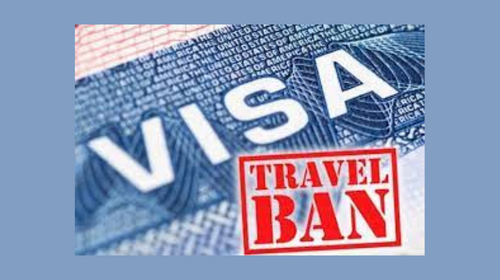
The United States government has issued a stern warning to Nigerians about the repercussions of engaging in visa fraud and illegal immigration, stating that such actions could lead to a permanent ban on obtaining a visa. This warning was shared in a post on the official X page of the U.S. Mission in Nigeria.
“Individuals who commit visa fraud will face a lifetime ban from entering the United States,” the statement highlighted. It also emphasized, “A nation without borders is not a nation,” illustrating the U.S. government’s ongoing dedication to securing its borders and enforcing strict immigration regulations.
Furthermore, the U.S. has indicated that it will actively seek criminal charges against those involved in visa-related offenses, including individuals who assist or shelter undocumented migrants. This involves sponsors, agents, and smugglers who contribute to the rise of illegal immigration, a practice that has become increasingly prevalent in parts of West Africa.
This warning comes as concerns grow over the increasing number of Nigerians attempting to enter the United States through fraudulent means.
In recent years, U.S. immigration officials have reported numerous incidents involving fake documents, marriage fraud, and misrepresentation during visa interviews. These actions not only threaten the integrity of the U.S. immigration system but also put individuals at risk of detention, deportation, or prosecution.
Several African nations have recently encountered visa restrictions or travel bans from the United States. Initially, countries like Chad, the Republic of Congo, Equatorial Guinea, Eritrea, Libya, Somalia, and Sudan were subject to a travel ban. More recently, Burundi, Sierra Leone, and Togo faced partial restrictions.
Nigeria, Ghana, Cameroon, and Ethiopia have also seen a reduction in the validity of certain visas, often attributed to security issues, insufficient cooperation on deportation matters, and inadequate identity verification processes.
Additionally, the U.S. has mandated that the social media accounts of all foreigners applying for visas will be examined for any signs of hostility towards the country’s citizens, culture, government, institutions, or foundational principles.
Nigerians are encouraged to refer to official resources, such as the U.S. Embassy or Consulate websites, for reliable information regarding visa applications.
World
Tragic Fire Claims 60 Lives at Iraqi Shopping Center
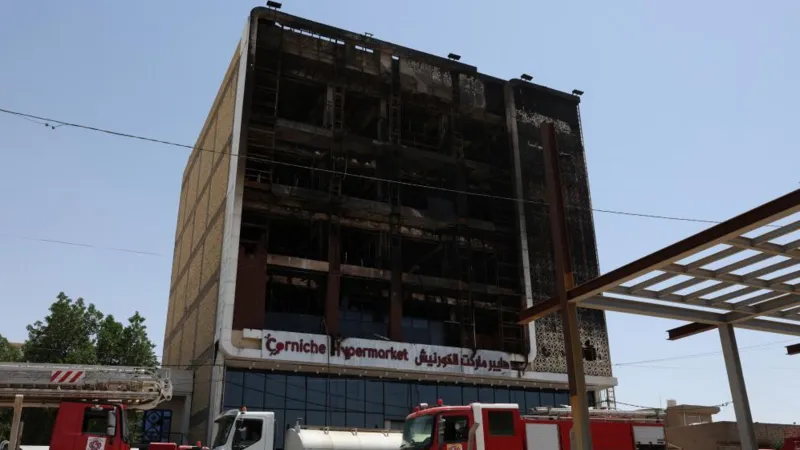
At least 60 people have lost their lives in a devastating fire at a shopping center in Kut, Iraq, according to officials. The incident occurred at the Corniche Hypermarket on Wednesday night and has since been contained. Eyewitness accounts and social media footage captured firefighters rescuing individuals from the roof, while many others remain unaccounted for.
Regional governor Mohammed al-Miyahi expressed deep sorrow over the tragedy, stating that legal action would be initiated against the mall’s owner. Videos broadcasted on INA’s news channel depicted intense flames engulfing multiple floors of the shopping center as firefighters battled to extinguish the blaze. Other clips circulating online showed some people on the roof during the incident and the charred remains of the mall’s interior.
Firefighters managed to rescue several individuals from the burning building, al-Miyahi reported to local media. Emergency services were still transporting victims to hospitals in the city, which is located approximately 160 km (100 miles) southeast of Baghdad, as late as 4:00 AM local time.
The interior ministry’s statement quoted by AFP confirmed the tragic toll of the fire, revealing that 61 innocent people had perished, most succumbing to smoke inhalation in bathrooms, with 14 of the deceased yet to be identified. Nasir al-Quraishi, a local doctor in his 50s, mournfully shared that he lost five family members in the fire. “We went to the mall to have some food, eat dinner and escape power cuts at home. An air conditioner exploded on the second floor, and then the fire erupted, leaving us with no means of escape,” he recounted.
A medical source added, “We have more than 50 martyrs, and many bodies remain unidentified.” An investigation is currently in progress to determine the cause of the blaze, with preliminary results expected in the next two days. Al-Miyahi stated the incident should serve as a wake-up call, leading to a thorough review of safety protocols.
The shopping had opened just five days ago, AFP reported.
source: BBC
-

 News10 months ago
News10 months agoNUJ FCT Council Mourns The Loss of Senior Journalist, Isaiah Abraham
-

 News10 months ago
News10 months agoHURIWA Declares Governor Fubara’s Emergence as Divine, Urges Support for Rivers State’s Progress
-
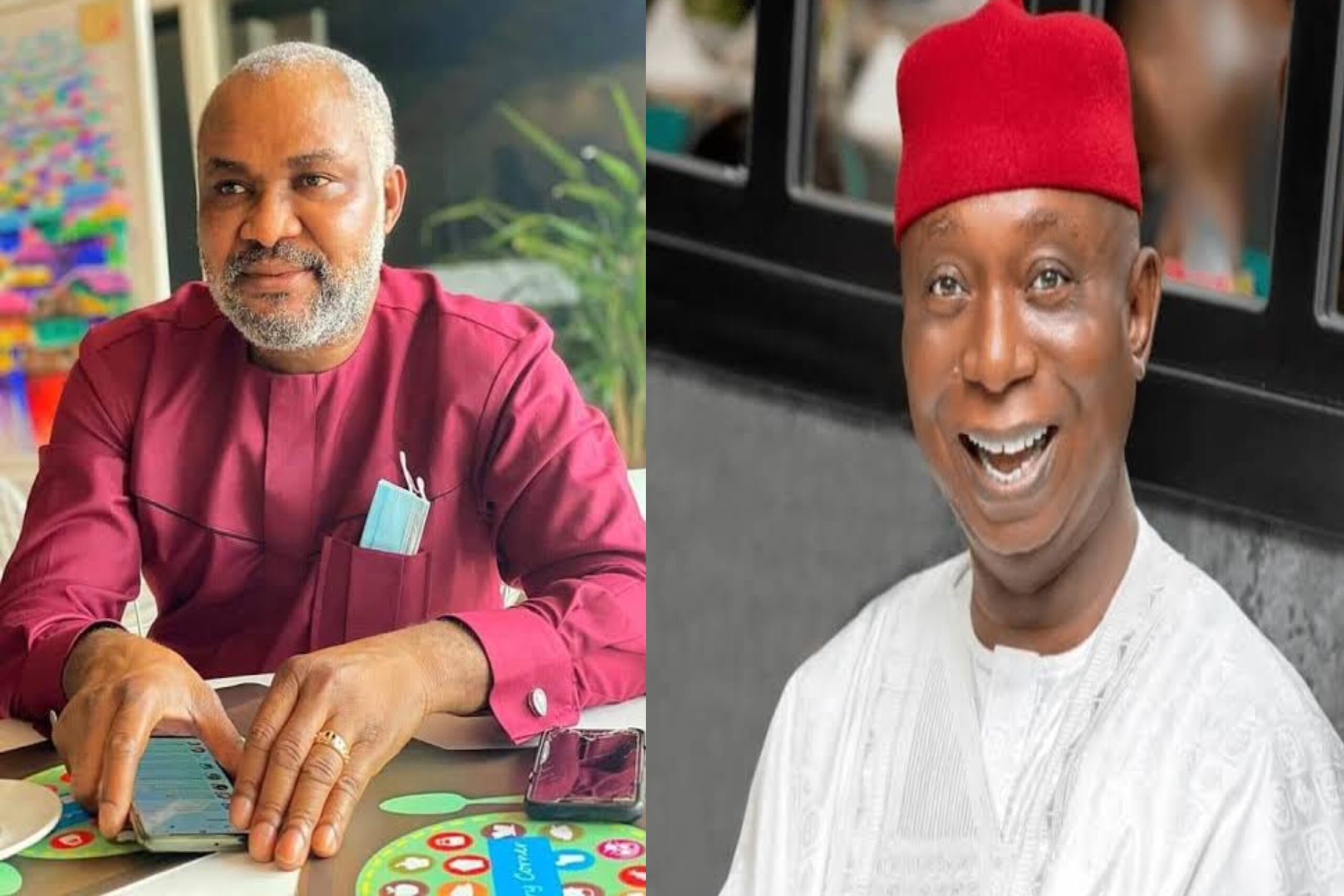
 News10 months ago
News10 months agoAnioma State as panacea to South-East marginalization – By Emmanuel Onwubiko
-

 Opinion8 months ago
Opinion8 months agoNIGERIAN WOMAN IN DIASPORA, CULTURAL SHOCKS – By Stacey Ukaobasi Onwuegbuchulam
-
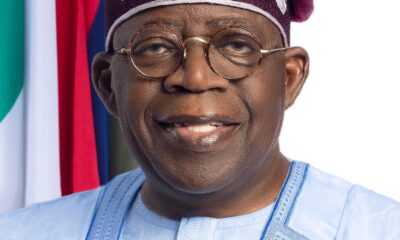
 News11 months ago
News11 months agoHURIWA Blames Serial Stampedes on Weaponized Poverty, Warns of Nigeria’s Rapid Decline
-

 News10 months ago
News10 months agoJealous Husband Stabs Nigerian Bishop To Death Over Suspicion Of Sleeping With Estranged Wife
-

 News10 months ago
News10 months agoTinubu sympathizes with ex-speaker Bankole on the death of his mother
-
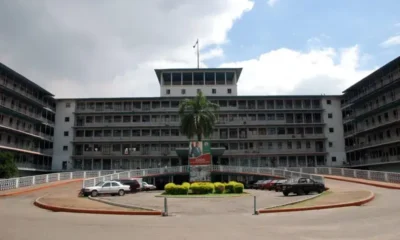
 Health8 months ago
Health8 months agoA complete list of 154 healthcare facilities across Nigeria that provide free emergency obstetric care and VVF (Vesico-Vaginal Fistula) surgeries.
